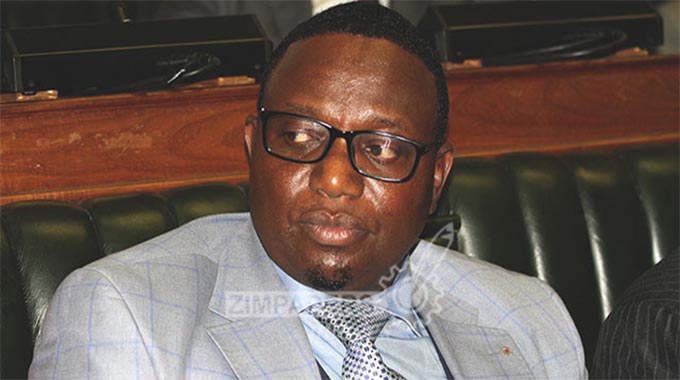Literary sector needs Govt support

Beaven Tapureta Bookshelf
The Government should remember the literary arts and publishing industry which, like other arts industries, have been working hard to protect their special talents from various challenges.
Writers as artists are aligned to the National Arts Council, one of the parastatals controlled by the Ministry of Youth, Sport, Arts and Recreation.
The Ministry, on behalf of the parastatals under its wings, last week sent a congratulatory message to President Mnangagwa on the occasion of his inauguration as the Second Executive President of the Republic of Zimbabwe.
In the congratulatory message published in The Herald, Minister Kazembe Kazembe also alluded to the pressing need for the revival of the arts (and sports) industries and expressed hope in the new leadership.
“As a ministry, we indeed cherish your vision and leadership towards empowerment of the youth, turning around the performance of the sports and arts industries through creation of Empower Bank and establishment of state-of-the-art multi-purpose sport and arts facilities respectively, thereby creating massive employment opportunities,” said the Honourable Minister.
Very true, the youth in the arts, if empowered, can make a large economic contribution to the country. Some of the arts and sports venues around the country are really in need of upgrading and if new ones are established, talent can be motivated.
Writers, among other artists, have been enduring an arduous storm particularly of book piracy which, as it stands now, needs Government to pull it out by the roots.
Copyright law in Zimbabwe has been disrespected to disheartening levels. This lack of concern has secretly anointed the evil of piracy.
The right moment for Zimbabwean writers to unite and re-engage the Government through the right channels is now.
After all, the President’s middle-name makes him a namesake of one of the greatest writers Zimbabwe has ever had — Dambudzo Marechera (1952-1987)!
Without engaging in name-dropping, just mention of this name “Dambudzo” stirs memories of some kind of controversial literature which has stuck with us like a tradition perhaps in its intermediate stage.
It is a plea to President Mnangagwa to pay tribute to his writerly namesake by empowering the literary family to which Marechera belonged. One may ask, why prioritise the literary arts to such extent?
Bookshelf thinks it would more interesting to have writers writing knowing their Government answers when they call out to it when in need. All arts are treated equally although their dynamics in terms of execution may differ. The literary arts are part of Zimbabwe’s cultural industries.
Some of us may not know the latest statistics about economic contribution of our country’s cultural industries but previous reports have outlined some of the challenges artists’ overall performance in the economy. And some the challenges are still there and need Government policies to control.
At various writers’ meetings and conferences the main concern that has come under spotlight and needs Government commitment is Copyright. There seem to be a “legal reason” why writers and publishers have folded hands and silently walk by the book pirates in the streets.
Although the colour of the devil has been lightened by giving him the name “book vendor”, their large stock is dominated by photocopies which have found market in the private colleges looming up in the locations.
At one such writers’ meeting organised by ZIMCOPY in 2016, for instance, a copyright expert Glenda Mutasa said that the main copyright challenges in Zimbabwe include the current law (the Copyright and Neighbouring Rights Act/Chapter 26: 05) which is incapable of dealing with issues pertaining to the digital environment, a non-operational intellectual property tribunal which can effectively deal with cases of infringement, the general low levels or lack of awareness on copyright issues, and the non-existence of a fully-fledged copyright office.
Over the years, either the previous Government had not been seriously engaged or it was approached but did not commit itself to the copyright holders’ plea. The state of copyright affairs is clear to see.
Some celebrity writers still live in dire need because royalties cannot materialise where copyright infringement exists.
It is every writer’s hope to see a new environment in the literary arts sector, an enabling environment which inspires the present and next generations to value literature as a part of their lives.









Comments